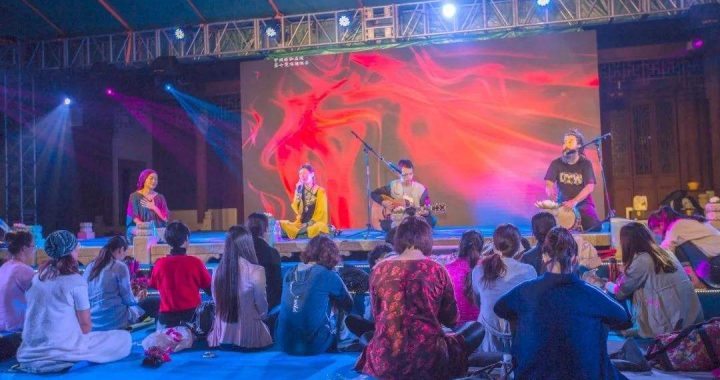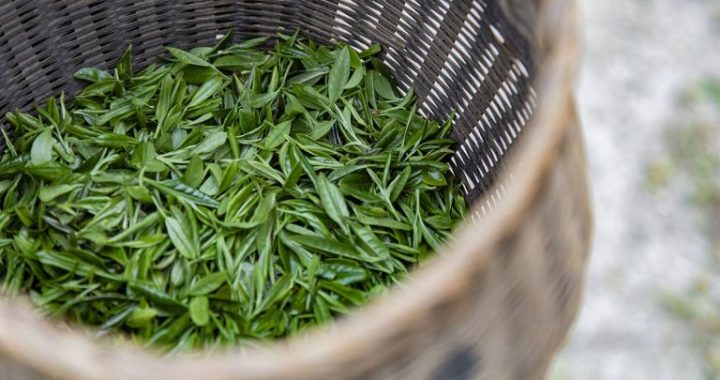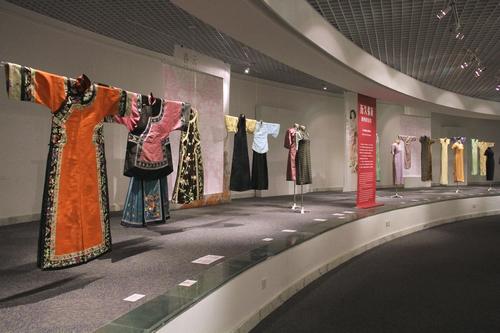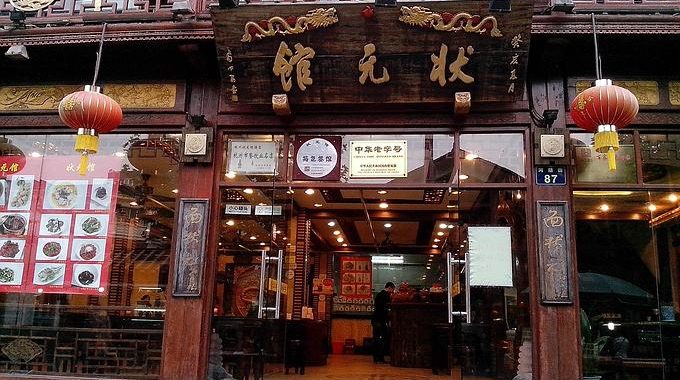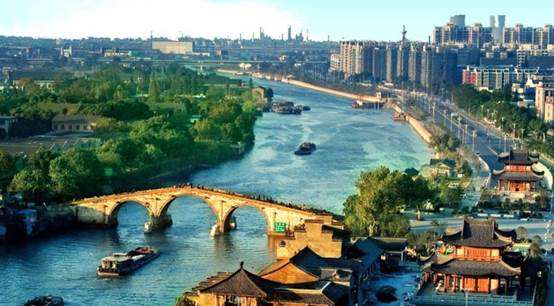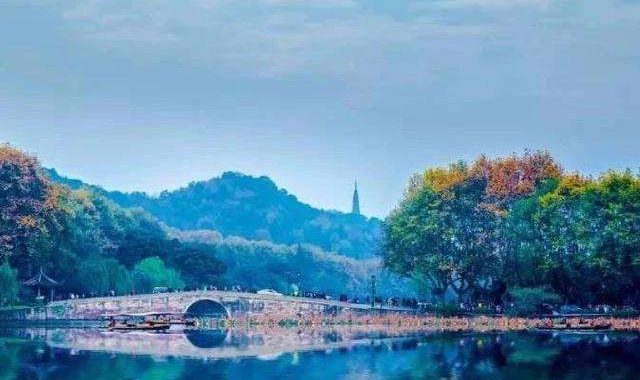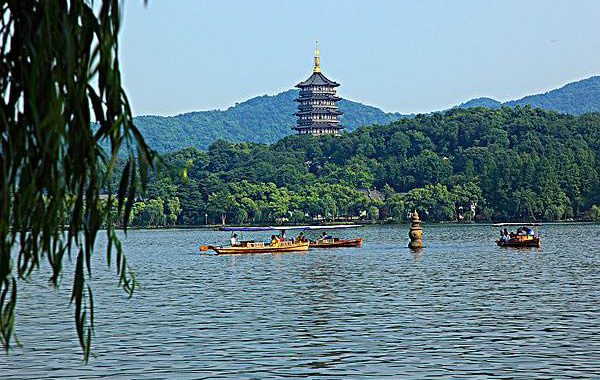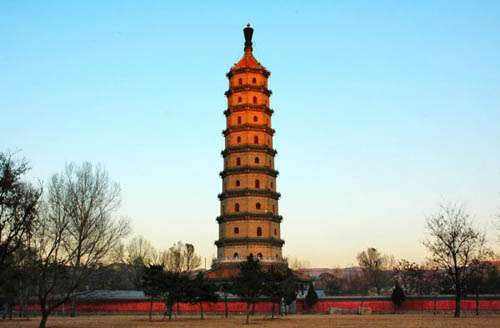Promising Future
3 min readGiven the spate of economic activity in Hangzhou and the Yangtze River Delta, more foreigners will likely be going to Hangzhou in the near future. China’s State Council approved Hangzhou’s 2016-2020 master-plan, which stresses the special balance of nature, history, culture, rural life, and urbanism that defines Hangzhou. The old downtown area will take measures to avoid over-gentrification, but heavy work in urban construction will link historical and scenic destinations with the new CBD and other expanding areas for rapid transit. Environmental and UNESCO heritage protection is of paramount importance inthis plan, with height limitations for buildings on West Lake, Qiantang River, Grand Canal, Xixi wetlands, Qinghefang Historical and Cultural Block, and other Southern Song Dynasty period buildings. All of these will enhance the new CBD as it matures and leads the city’s growth while preserving the past.

With the central area serving as Hangzhou’s future business, political, and cultural center, long-term development plans include offices, hotels, shopping malls, and luxury residential neighborhoods in the Wangjiang and Canal sub-districts.
The Hangzhou International Conference Center is shaped like a sphere
Keeping it Green
Hopeful entrepreneurs will see waves made at the Wave Culture Center and Foreshore Park with these new development projects.Taking up 2.5 kilometers along the Qiantang,these two landscapes are informed and inspired by the famous tidal bore that bears down on the region annually in August to October-with a unique green thread for cars,bikes,and pedestrians to access parks,streets,and community facilities.It seeks to integrate formal central access to the Hangzhou Grand Theatre and the International Conference Center with surrounding green spaces.Cafes,exhibition halls,and two main teahouses all have green roofs,as do more than 75 percent of the tunnels and car parks.Function areas include an outdoor amphitheatre,seating terraces,various cafes,kiosks,tea houses,playgrounds,sculpture gardens,water features,meditation gardens,tide watching platforms,and an internal cycle-way.The underlying theme was carefully crafted in tune with the Qiantang River tidal bore,with wave-like paving patterns representing the river.
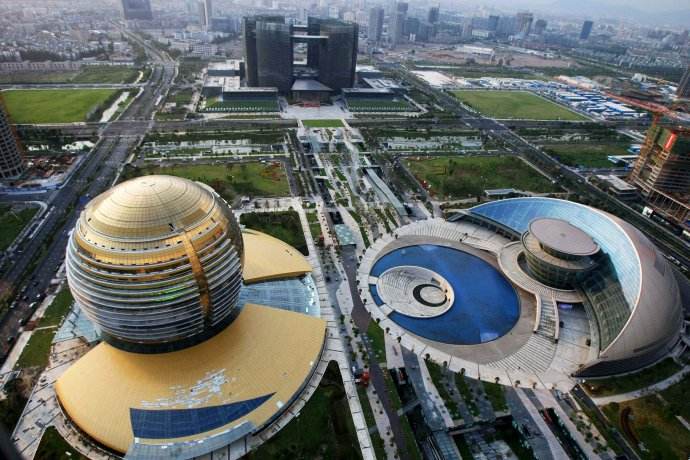
He went from being an obscure tour guide on the banks of West Lake to the envy of all world banks-a Chinese visionary with a company mission to last centuries.
Meet Ma Yun,but perhaps you know him better as Jack Ma,Hangzhou’s homegrown hero and global ambassador whose companies are changing how the world does business.Born on September 10,1964,to musician-storyteller parents,the young Ma Yun began making money by showing tourists around his city.For nine years,he would walk up mossy paths to the Hangzhou Hotel-now the Shangri-La-and learn English while showing guests around this fairytale city.Jack was nimble,Jack was quick,and his knowledge of Hangzhou’s history and culture was his magic trick.As the now well-weathered Jack Ma legend goes,he was re jected for over 30 jobs,including one at Hangzhou’s first KFCs. Being no chicken, Jack went on to hardboiled study at Hangzhou Normal University and the local trade offices.

Jack Ma(in red jacket) with other Alibaba founders in 1998 688 couples in one of Alibaba’s”Ali-Day”mass wedding ceremonies in 2013 get married to commemorate the company’s ten year anniversary.
Sleepless in Seattle
On a fateful trade trip to Seattle in 1995, he used the internet for the first time and typed in “beer”. Seeing there was no Chinese beer listed and virtually no information on China, he set his ideas in motion to make a website about China. He returned home and he and his wife raised 20,000 RMB and started making Chinese websites with the company “China Yellow Pages”. In 1999, he launched Alibaba with 17 friends in his sparse little Hangzhou flat. No one in the world could have known it then, but they were living and creating a new Hangzhou legend.
